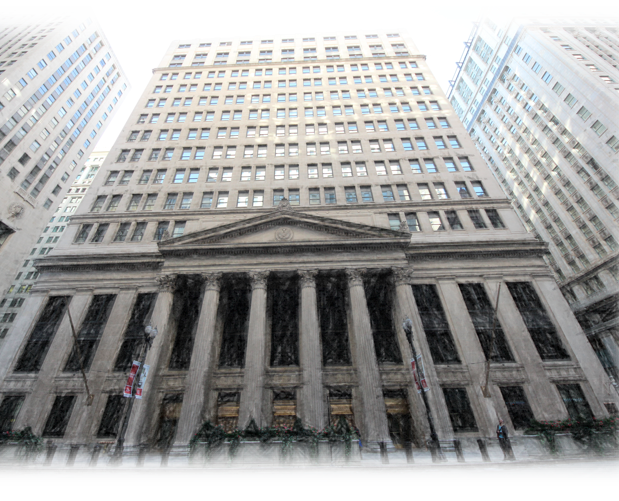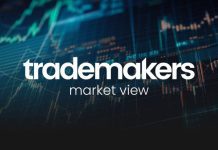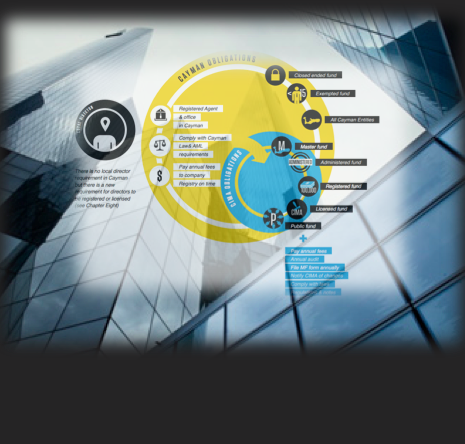Quantitative Easing (QE) that central bank euphemism for lowering interest rates and buying bonds all with the intent to stimulate the economy, recently showed signs of retreat with rumors circulating in advance of the September Federal Open Markets Committee (FOMC) meeting that the Federal Reserve was poised to raise interest rates. Besides the speculation, the actual decision by the FOMC was to cut back on bond-buying by about $10 billion. Taken together, it appeared that the days were numbered for the highly unconventional monetary policy known as QE. But alas, rumors of QEs demise seem to be greatly exaggerated on both sides of the ocean.
What to Do With $4.2 Trillion in Assets?
Due to QE asset purchasing, the Federal Reserve balance sheet now shows $4.2 trillion worth of assets built up during the course of the program. But as the buy-back initiative winds down if it winds down the Fed will be left holding those trillions of dollars worth of bonds. What they have not informed the public is how they plan an exit strategy from QE.
Interest Rate Backtracking
Despite widespread predictions that the Federal Reserve would begin raising interest rates in the third quarter of 2015, the statement issued by Federal Reserve Chair Janet Yellen debunked that notion at least for the time being:
The Committee continues to anticipate, based on its assessment of these factors, that it likely will be appropriate to maintain the current target range for the federal funds rate for a considerable time after the asset purchase program ends, especially if projected inflation continues to run below the Committees 2 percent longer-run goal, and provided that longer-term inflation expectations remain well anchored.
Officially, the Feds decisions regarding QE are strictly data-driven, and the anticipated magic numbers apparently are not there yet; hence, the de facto continuation of QE.
Meanwhile, at the Bank of England…
The Bank of England began its QE asset purchases in 2009. Six months ago, Sir Mervyn King, the UK central banks governor, advocated further boosting QE asset purchases, but the move was voted down. But has QE worked to save the economy? Stephanie Flanders, a BBC economics editor, put it this way: Quantitative easing may well have saved the economy from a credit-led depression. We will never know.
European Central Bank QE
Not to be left out, the ECB announced that it too may be ready to ease monetary policy by way of QE asset purchases if needed to boost a weak euro-zone economy. All of which begs the question: Will global economies ever again stand on their own two feet? Maybe. But one thing remains clear: Free market capitalism may never again be truly free.
David draws on 20+ years’ experience in both legal practice and in business services delivery since his own call to the Bar in 1989. With several years in the startup environment, including as a co-founder in the legal tech space specifically, he brings a unique and timely perspective on the role of data, automation and artificial intelligence in the modern and efficient delivery of services for legal consumers. Having been both a corporate buyer of legal services and a services provider, he identifies the greater efficiency and value that can be achieved in legal operations for corporate buyers especially.
An attorney, David worked for law firms Pinsent Masons and Linklaters in London before moving to New York to join Credit Suisse. As CAO, he helped negotiate & execute the relocation of Credit Suisse into its new NYC global HQ. Subsequently, David directed major global outsourcing, shared sourcing, HR operations & process efficiency initiatives including the digitization of records, the global roll-out of PeopleSoft HRMS & Y2K. David has worked extensively in the UK, US, Philippines, India and China markets in the areas of data management, human resources and business process outsourcing.
Most recently, David has been successfully investing in and serving as an advisory board member of several legal services start-ups including a cloud-based solution for legal process automation and e-filing; and a technology solution for large-scale capture of court and other public data used for litigation analysis, among others.
David graduated from the University of Manchester with Honors in Law and Bar School (College of Legal Education) in London, and has been a member of Middle Temple since 1989. He is the founder and former Chairman of The Global Sourcing Council.
Member: Bar of England & Wales, ABA, NYCBA, ACC, DRI




































